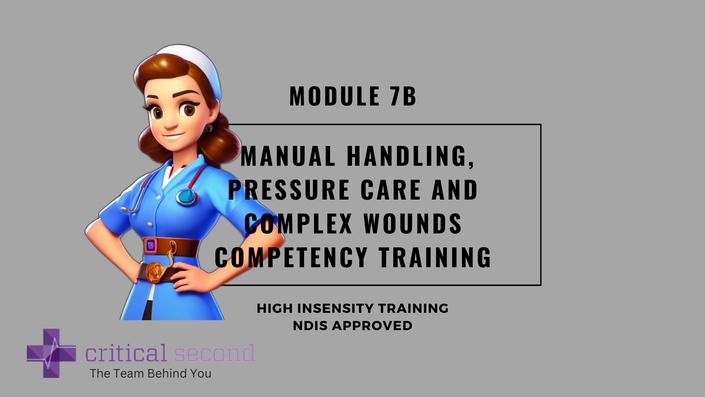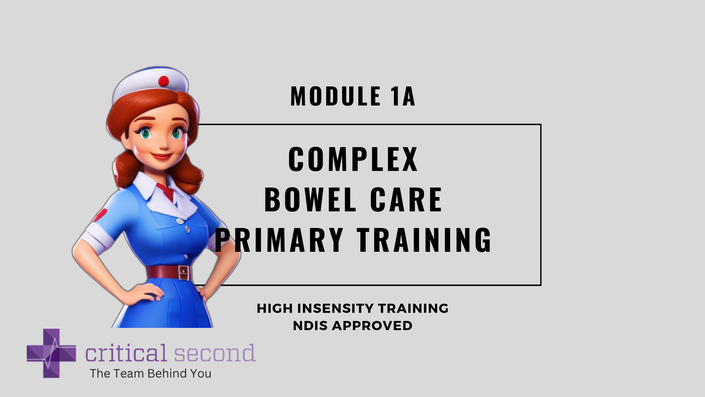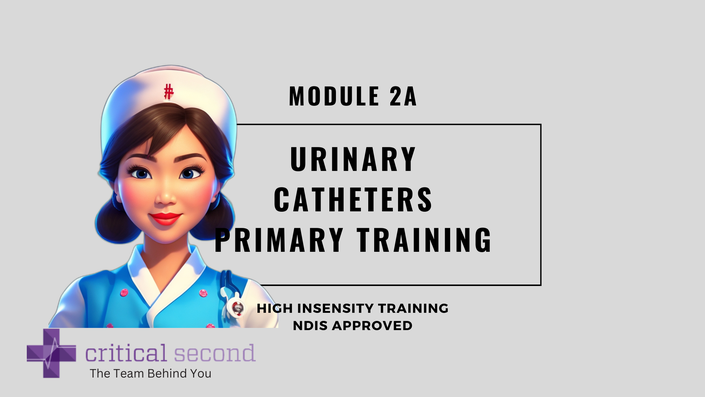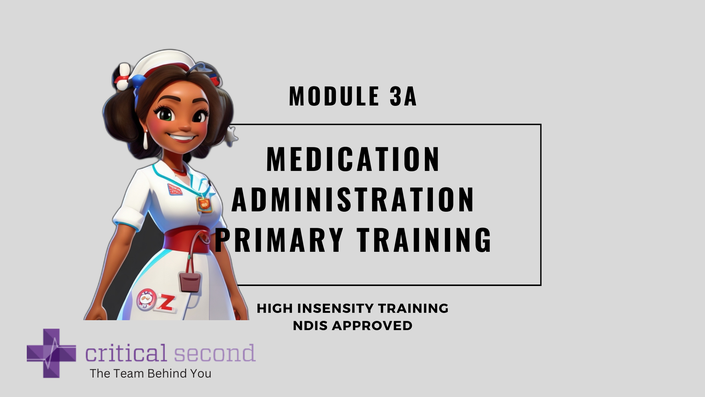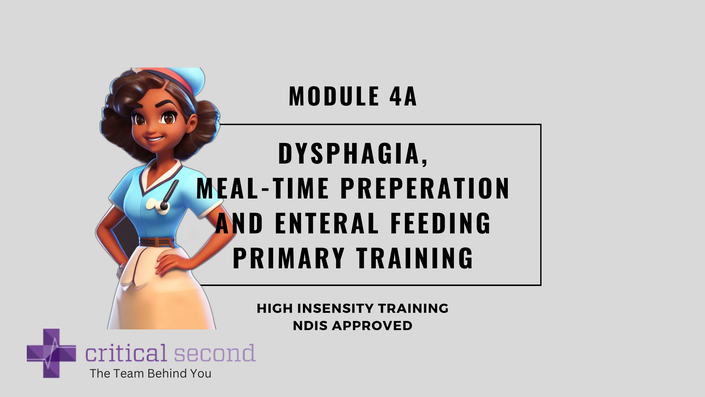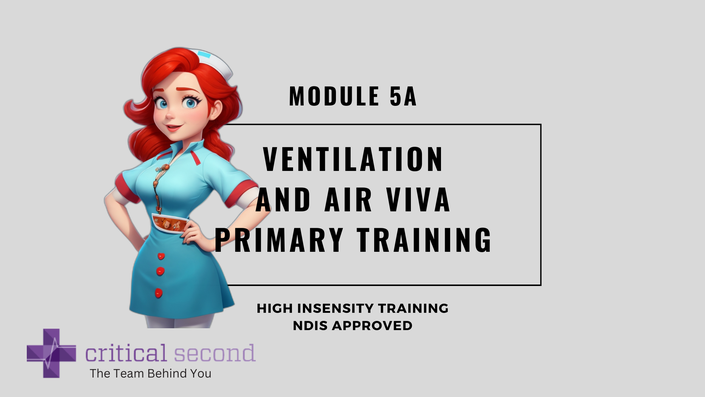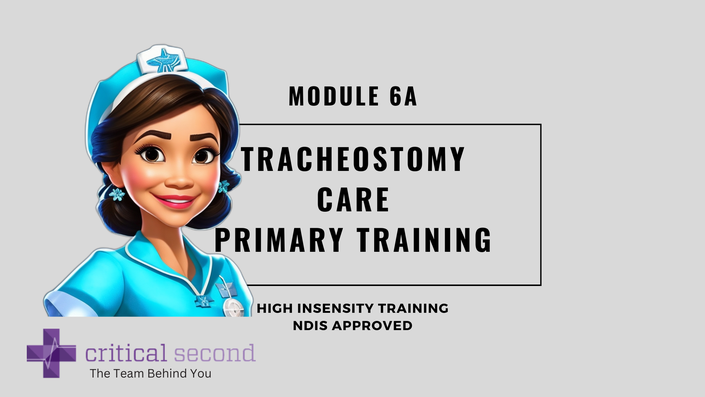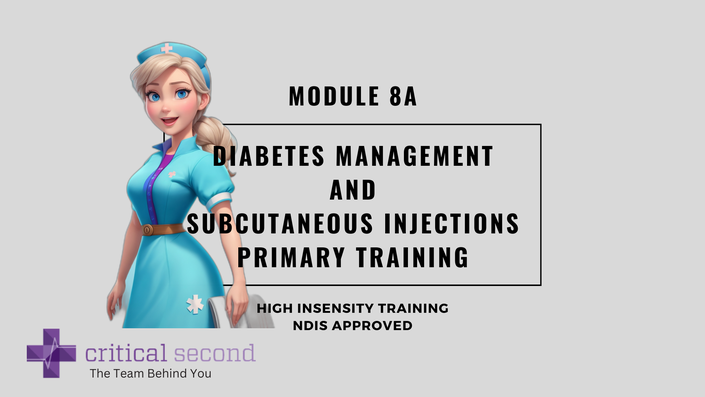No Matter if Somebody Can't Move, They Still Need Help To Do So
This training ensures safety and dignity, fostering trust and respectful care. Ultimately, it's a vital component of comprehensive healthcare education that enables positive outcomes and upholds compassionate care principles.

The Importance of this Course
PRESSURE WOUND CARE
Training in pressure care is paramount as it directly affects people's comfort and prevents serious complications like pressure ulcers. Nurses and support workers are responsible for the daily care of those who may be bedridden or have limited mobility, making them susceptible to pressure injuries. Proper training equips you with the skills to assess a risk, implement preventive measures such as repositioning and specialized support surfaces, and identify early signs of pressure ulcers. By doing so, you can mitigate the risk of these painful and potentially life-threatening wounds, improving the overall quality of care.
Furthermore, pressure care training is crucial for promoting dignity and well-being. Pressure ulcers can cause immense physical discomfort and emotional distress, impacting a quality of life. When you are proficient in pressure care, you can provide compassionate and effective care, preserving not only a client's skin integrity but also their dignity. Training empowers you to offer personalised solutions and implement best practices, ensuring the highest standard of care while minimising the risk of pressure-related complications.
NDIS TRAINING STANDARDS AND REQUIREMENTS
· Pre-reading and Module A completed (ideally before you start work, to learn best practice), this includes completion of the quiz as evidence of knowledge and understanding. Primary care document issued
· Module A remains evergreen if Learning Discovery Pathways (preferably per customer) are signed off by an approved RN and Module B is completed (in-line with 3 month standard probationary period). This is where a competency document is issued. Also, hence, the loop only remains open if you complete your competencies
· If not completed within 12 months, Module A will be revoked as you have not met NDIS compulsory training standards. You will need to re-apply
· In-line with this criteria, you should only ever have to do Module B once, then it moves to the Module C refresher as part of an annual subscription model with reminders
YOUR DELIVERABLES TO THE NDIS
· PRIMARY CARE DOCUMENT (knowledge), encompassing best practice standards
· Client induction- LEARNING DISCOVERY PATHWAY (skill), identifying customer individuality
· COMPETENCY DOCUMENT (ethics), the marriage of worker, customer and NDIS
Manual Handling, Pressure Care, and Complex Wounds Curriculum
- Module 7A- Manual Handling, Pressure Care, and Complex Wound (0:41)
- Manual Handling, Pressure Care, and Complex Wound -Educational Material
- Quiz - Manual Handling, Pressure Care, and Complex Wound (0:41)
- Learning Discovery Pathways for Manual Handling, Pressure Care, and Complex Wound-(printable pdf)
- Easy Read Document for family and Friends, pdf.- Manual Handling etc
THE STEPS
Upon completion of any Primary Training
Module A opens the gateway to working hands-on with high intensity customers
MODULE A | COMPLETE PRIMARY TRAINING | Engage and reflect on learned content and your new deepened understanding.
Client induction-
LEARNING DISCOVERY PATHWAY | Real-world Applications and Risk Mitigation - (The Gateway is Open).
Commence work with your customers. Undertake care with new skills and knowledge.
You have been shown industry practice standards, now follow the Learning Pathways to display your skills and if needed identify differences to practice standards.
Help your customer or identify risk, this is what makes each person unique. If the customer does it differently that's ok. Differences are acknowledged, mitigated where possible and recorded in the risk register.
(Print out this form and complete as evidence of your knowledge and skills)
____________________________________________________
MODULE B | DECLARATION OF COMPETENCE | NDIS High Intensity Descriptor Practice Standards | - Reaffirm foundational skills, meet industry standards and protocols.
Competency issued when all above criteria met (go to Module 7B, see below).
____________________________________________________
C MODULES | ANNUAL REFRESHER | Professional Development, Career Planning, and Lifelong Learning | - Inspire ongoing learning and professional growth, while also staying up-to-date with your credentials via our Annual Competency Refreshers.
Compulsory to remain high intensity competent (go to Module 7C, see below).
Suggestion: Repeat Primary Training before completing this module. Industry updates are added to Primary Training.
TRAIN THE TRAINER | Peer Collaboration
Projects - Foster collaboration
and problem-solving skills. Contact a Critical Second team member about our
Train the Trainer programs and become your workplace expert.
Declaration of Competence
and Annual Refresher
Module 7B - Manual Handling, Pressure Care, and Complex Wounds Competence
Module 7C - Annual Refresher
NDIS Approved Competence
MANUAL HANDLING
Training in manual handling directly affects your own safety and the safety of your clients. Nurses and support workers routinely lift and move people of varying sizes and mobility levels, which places them at a high risk of musculoskeletal injuries if proper techniques are not employed.
Manual handling training equips you with the knowledge and skills to lift, transfer, and reposition people safely, reducing the risk of injuries like back strains and sprains. By safeguarding their own physical well-being, support team can continue to provide high-quality care without putting their own health in jeopardy.


12 Monthly Refresher Required by NDIS
The skills and knowledge in High Intensity supports present some of the highest risks for participants. Regularly refreshing your knowledge and skills is an essential part of staying competent and up-to-date in any field, the NDIS requires a refresher every 12 months as new medical knowledge can change from time to time to updated practices.
You might like these?
Diversify your knowledge and become a more well-rounded nurse or support worker

